Zamknij arrow_back
- Nowości
-
Mapy i publikacje
add remove Mapy papierowe add removePublikacje papierowe add remove
-
Nawigacja
add remove Zegary add removeBarometry add removeTermometry , Higrometry, Barografy add removeAreometry (Densymetry) add remove
-
Sygnalizacja
add remove Lampy Nawigacyjne, Szperacze add removeŻarówki add removeLatarki add removeZnaki dzienne add remove
-
Środki ratunkowe
add remove Kamizelki add removeTratwy add removeKombinezony ratunkowe add removePirotechnika morska add removeKoła, Pławki, Tyczki add removeUprzęże, Linki, Taśmy Bezpieczeństwa add removeReflektory radarowe add removeBosaki, Wiosła add remove
-
Elektronika morska
add remove Radiotelefony add removeOdbiorniki Pogody add removePLB / AIS MOB, OLAS add removeRadiopławy, Transpondery add removeWiatromierze add removeAkcesoria add remove
-
Sprzęt pożarowy
add remove Akcesoria add remove
-
Wyposażenie pokładowe
add remove Drabinki Pilotowe, Ewakuacyjne add remove
- Nowości
-
Mapy i publikacje
add remove Mapy papierowe add removePublikacje papierowe add remove
- Nawigacja add remove
- Sygnalizacja add remove
- Środki ratunkowe add remove
- Elektronika morska add remove
- Sprzęt pożarowy add remove
-
Wyposażenie pokładowe
add remove
Limitation of Liability for Maritime Claims, 2016 Edycja
Amendments to increase the limits of liability in the 1996 Protocol to amend the Convention on Limitation
of Liability for Maritime Claims, 1976 (LLMC Protocol 1996) entered into force on 8 June 2015, raising
the amount claimable for loss of life or personal injury on ships (not exceeding 2,000 gross tonnage)
to 3.02 million Special Drawing Rights (SDR), up from 2 million SDR (additional amounts are claimable
on larger ships).
The 1976 LLMC Convention sets specified limits of liability for certain types of claims against shipowners:
Claims for loss of life or personal injury; and Other claims, such as property claims (including damage to
other ships, property or harbour works), delay, bunker spills, wreck removal, pollution damage, etc. The
Convention also allows for shipowners and salvors to limit their liability except if ‘it is proved that the loss
resulted from his personal act or omission, committed with the intent to cause such loss, or recklessly and
with knowledge that such loss would probably result.
of Liability for Maritime Claims, 1976 (LLMC Protocol 1996) entered into force on 8 June 2015, raising
the amount claimable for loss of life or personal injury on ships (not exceeding 2,000 gross tonnage)
to 3.02 million Special Drawing Rights (SDR), up from 2 million SDR (additional amounts are claimable
on larger ships).
The 1976 LLMC Convention sets specified limits of liability for certain types of claims against shipowners:
Claims for loss of life or personal injury; and Other claims, such as property claims (including damage to
other ships, property or harbour works), delay, bunker spills, wreck removal, pollution damage, etc. The
Convention also allows for shipowners and salvors to limit their liability except if ‘it is proved that the loss
resulted from his personal act or omission, committed with the intent to cause such loss, or recklessly and
with knowledge that such loss would probably result.
Podobne z kategorii
Availability: 3 In Stock
The *Mission Coordination* volume assists personnel who plan and
coordinate SAR operations and exercises.
A new edition of the IAMSAR Manual is published every three years. The
2022 edition includes amendments, adopted by the International Civil
Aviation Organization (ICAO) and approved by the Maritime Safety
Committee of the International Maritime Organization (IMO) at its 103rd
session in May 2021 by means of MSC.1/Circ.1640, which become applicable
on 1 June 2022.
Availability: Out of stock
Port State control inspections contribute to ensuring that global
maritime standards are being implemented consistently on all ships. This
publication provides guidance for port State control officers on the
conduct of inspections to support harmonization in the way inspections
are carried out worldwide.
This edition includes amendments to the *Guidelines for investigations
and inspections carried out under MARPOL Annex II* (appendix 4), the
*Guidelines for control of operational requirements* (appendix 7) and
the *Guidelines for port State control under MARPOL Annex VI* (appendix
18).
Availability: 2 In Stock
This publication presents engineering specifications for fire safety equipment and systems required by SOLAS chapter II-2 concerning:
- international shore connections
- personnel protection
- fire extinguishers
- fixed gas fire-extinguishing systems
- fixed foam fire-extinguishing systems
- fixed pressure water-spraying and water-mist fire-extinguishing systems
- automatic sprinkler, fire detection and fire alarm systems
- fixed fire detection and fire alarm systems
- sample extraction smoke detection systems
- low-location lighting systems
- fixed emergency fire pumps
- arrangement of means of escape
- fixed deck foam systems
- inert gas systems
- fixed hydrocarbon gas detection systems.





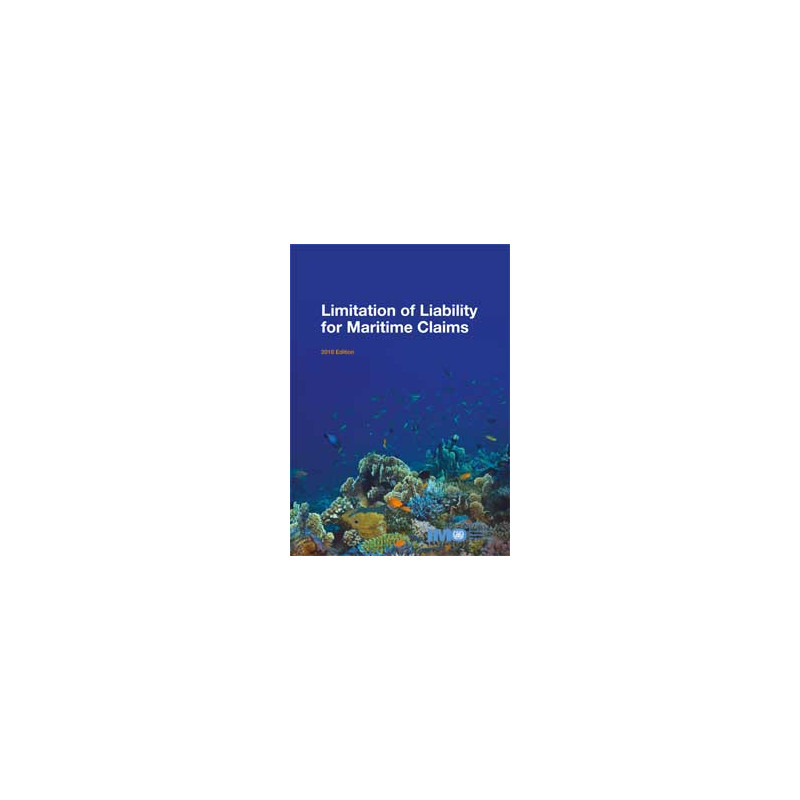

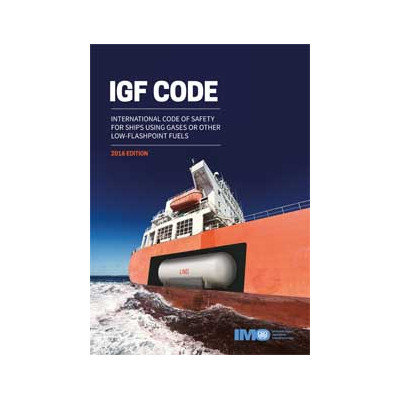
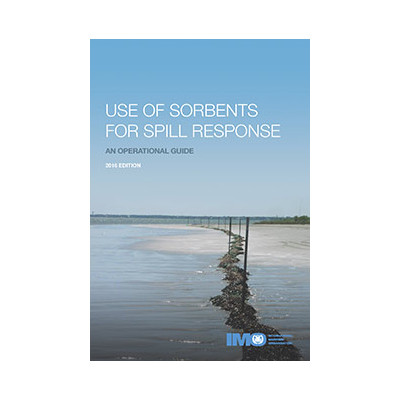
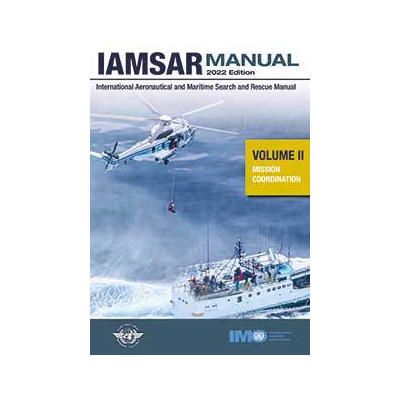
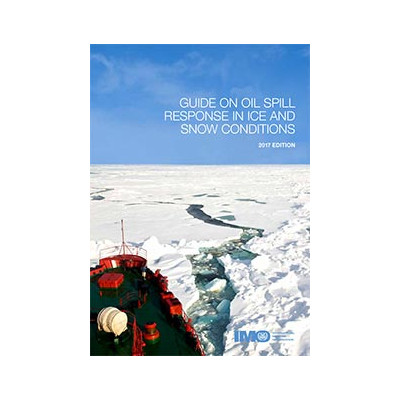
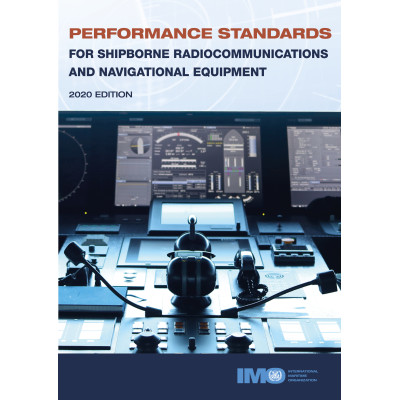
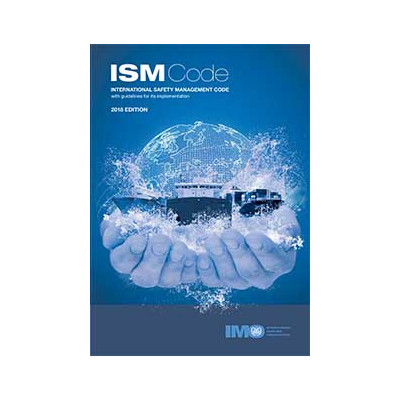
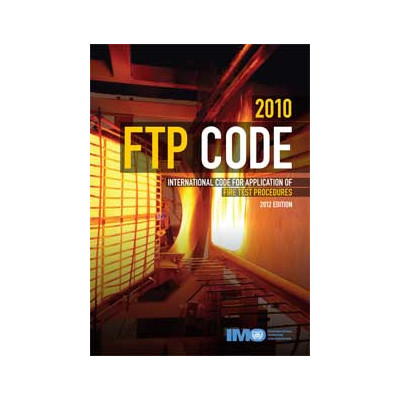
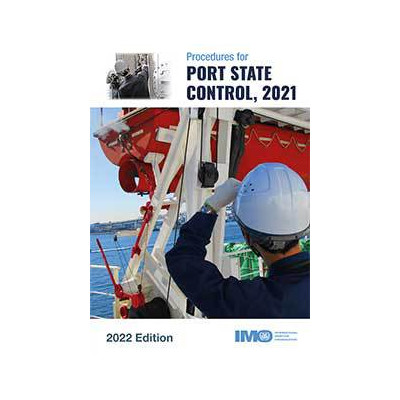
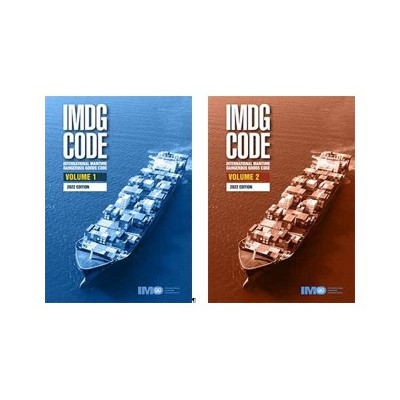
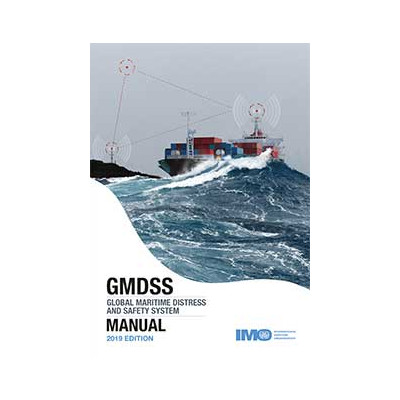
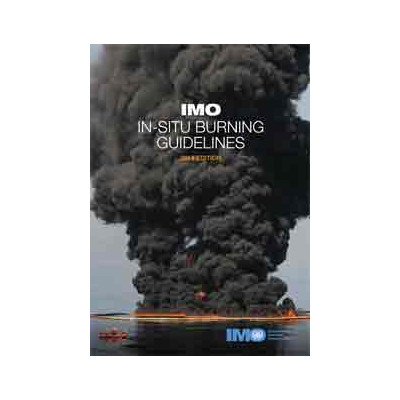
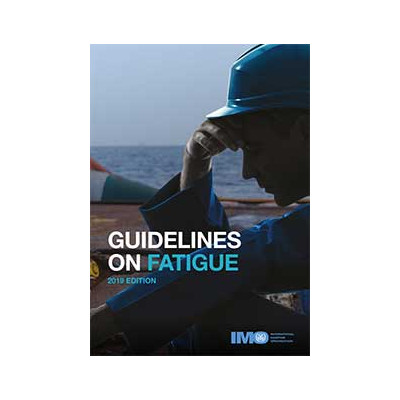
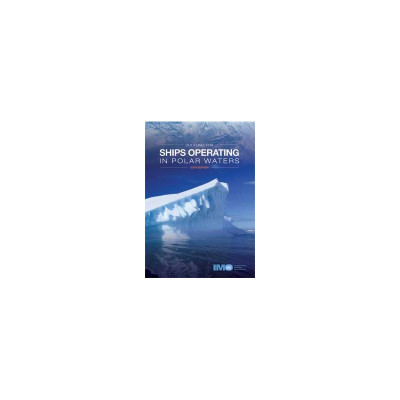
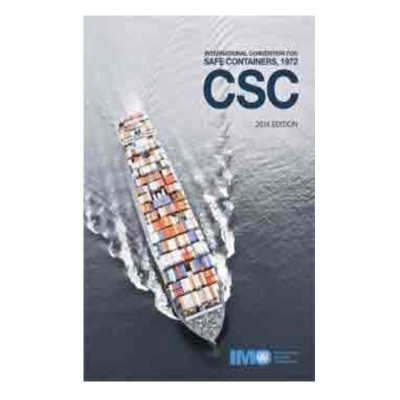
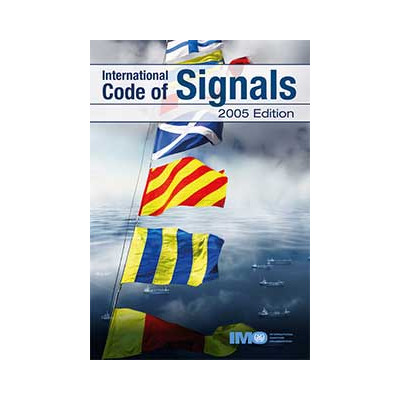
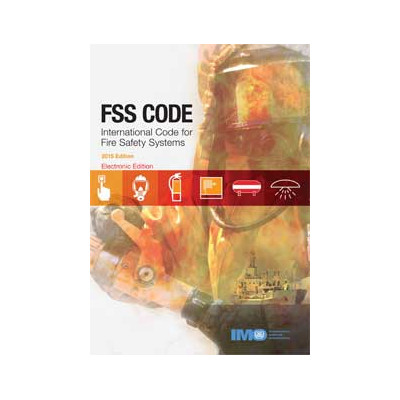
 Cookies
Cookies